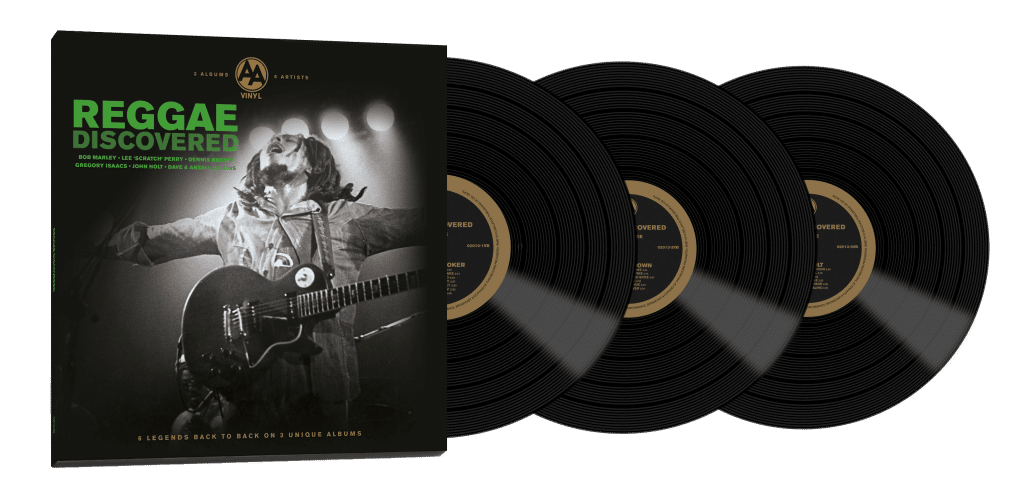
REGGAE DISCOVERED
To many, Reggae and Jamaica are one and the same. Originating in the late 1960s, reggae evolved from ska and rocksteady music. Ska – also known as blue beat – emerged in the late 1950s and combined mento and calypso with American rhythm and blues and jazz. Rocksteady followed, emerging in the mid sixties and performed by Jamaican vocal harmony groups like the Paragons. There is some disagreement as to the origins of the name ‘reggae’. However the accepted first use in song is in the 1968 album, Do The Reggay by Toots and the Maytals. These were the foundations of reggae music. Characterized by a heavy bass guitar sound, reggae music is instantly recognizable in the way that it accents the second and fourth beats in each bar. The characteristic percussive reggae ‘heartbeat’ draws on the tradition of African nyabingi drumming. Drumbeats vary across the genre and there are three main types. Some songs carry a ‘One Drop’ beat, with emphasis on the third beat of the bar while the first beat remains ‘empty’. A second drumbeat type is termed ‘Rockers’ which has emphasis on beats one and three in the bar. The third style is ‘Steppers’ and is a more driving beat with a bass drum playing four beats to the bar. The genre itself is also comprised of two specific subgenres. Roots reggae music is Rastafarian inspired reggae, its lyrics praise Jah, are highly spiritual and rooted in a social awareness that should be termed ‘political’. Dancehall reggae uses rapping or ‘toasting’ over faster beats and is largely secular in subject matter focusing on aspects of everyday life like sex, socializing, and lifestyle. Dancehall has spawned further subgenres, including Ragga, Reggaeton, and Reggae Rock fusion.
Reggae as a genre has also laid the foundations for other musical styles including dub and drum and bass. Winnie Mandela said that Reggae music had the power to, “Uplift, inspire, and unite” and this is evident in the political and religious subjects of many reggae songs, although love and relationships feature too, most often in the soul-reggae fusion of Lovers Rock. The importance of reggae music cannot be overstated. For Jamaica, it is more valuable to its economy than sugar. It has been described as the first true world beat and as Jamaica’s gift to the world. It is celebrated globally on International Reggae Day, held on 1 July every year.

